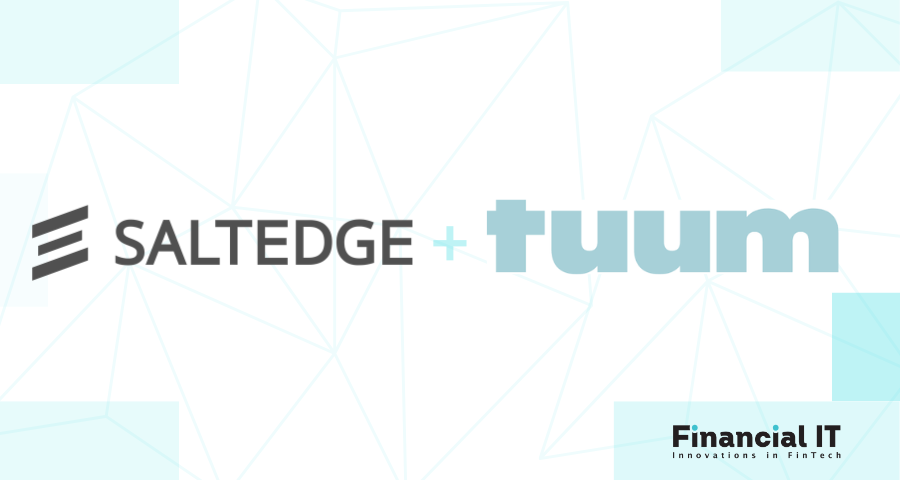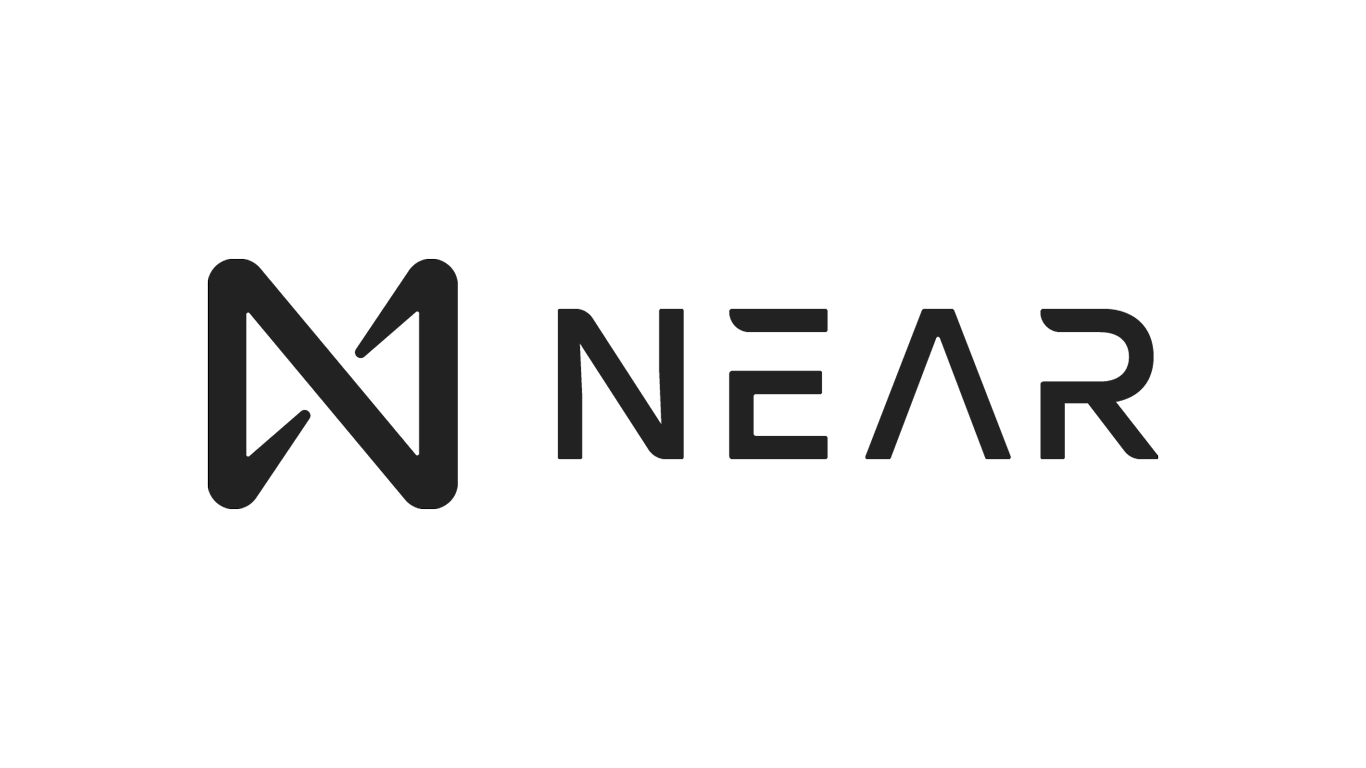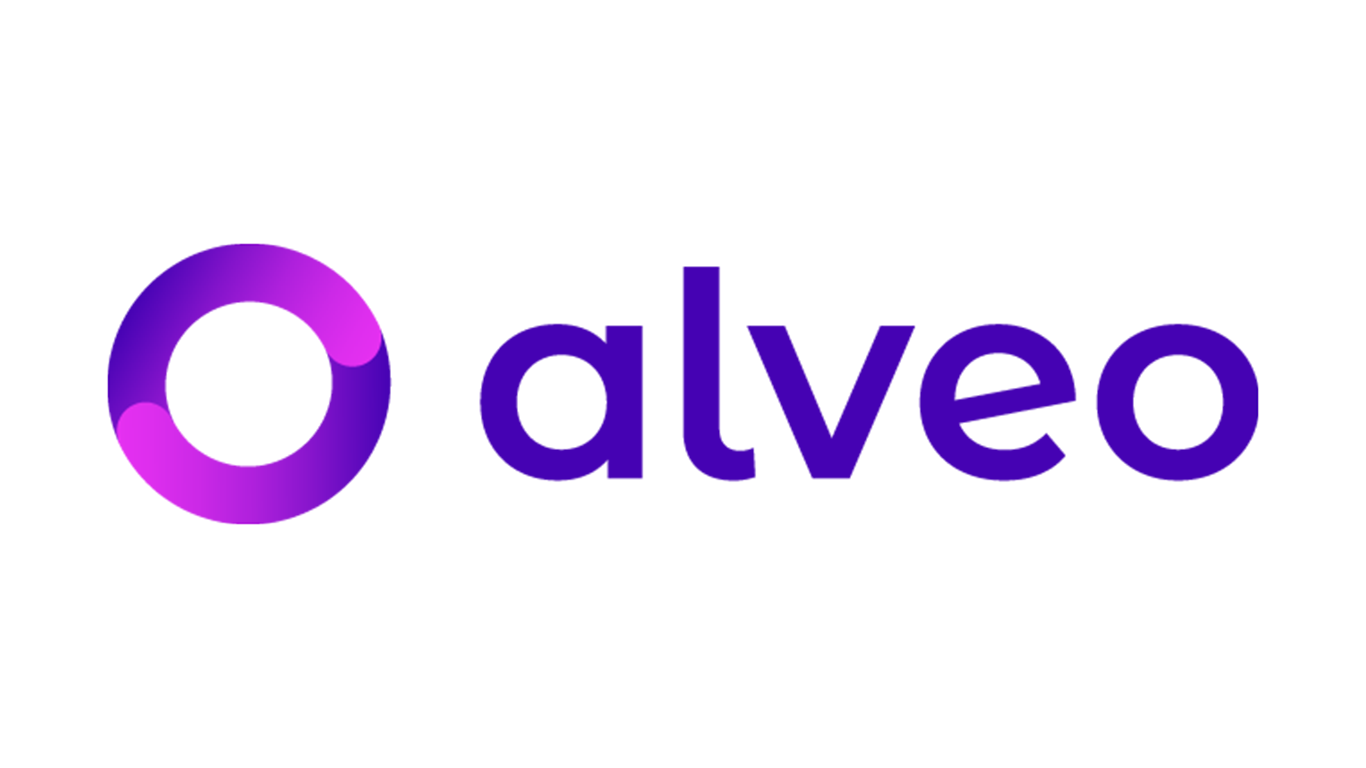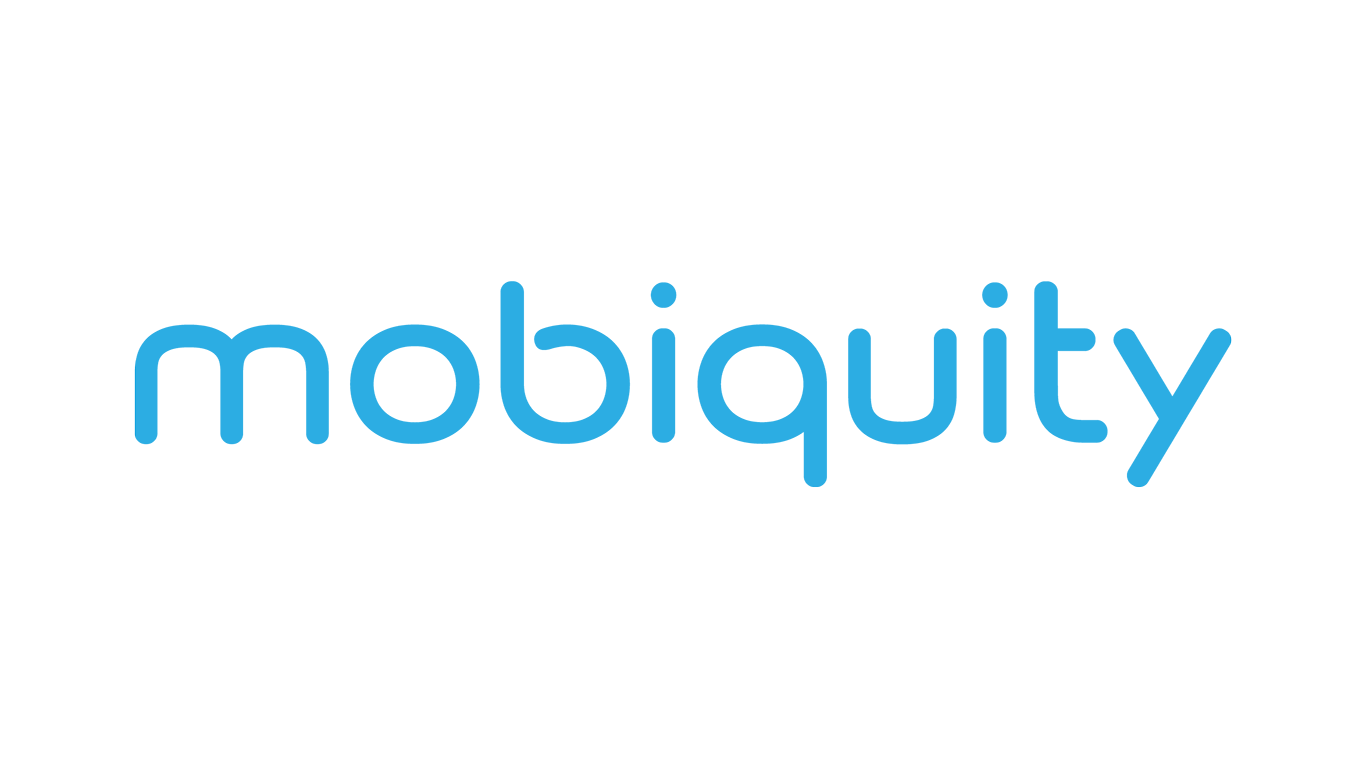Published
- 09:00 am

Trust announced today that its community of customers has reached 100,000 following its launch on 1 September 2022. Sign-ups were received from a diverse range of users in Singapore aged 18 to over 90.
Trust’s 100,000th customer, Mr Shaoyi Wang from Tampines shared his initial experience with Trust. Mr Wang said, “Digital banking is the new, in-thing and I wanted to try it out. NTUC and Standard Chartered Bank are reputable brands, so I decided to sign up. My onboarding was seamless and way faster than I have previously experienced. The app interface is really friendly, clear and concise. It’s very easy!”
Over the last 13 days, Mr Wang and many of Trust’s other users have provided valuable feedback on how their experience can be enhanced. Trust has made several updates to the app based on this as it continues to build its user experience around their needs.
Dwaipayan Sadhu, Chief Executive Officer of Trust, said: “We are incredibly grateful to our customers for the response they have given us since our launch. This is just the beginning and we are excited to improve the Trust experience through our deepening partnership with our community.”
Trust is the first of Singapore’s new wave of digital banks and its app was made available to all residents in Singapore on 1 September 2022. It is backed by a unique partnership between Standard Chartered Bank and FairPrice Group and launched with a range of products, comprising a credit card, savings account and family personal accident insurance. This is combined with Link Rewards, the market-leading rewards and loyalty programme integrated with the FairPrice Group ecosystem.
Related News
- 03:00 am

Tuum, an Estonian-born next-generation core banking platform, has partnered with Salt Edge, a leader in open banking solutions, to help financial services providers from all over Europe to leverage the full spectrum of open banking features – fast and secure.
As technological advancements make headway, it is becoming more evident that today’s digital booming bandwagon is leaving fintechs and financial institutions with only two choices: join or get left behind. The ability to leverage new technologies and innovate new-age products and services is crucial. It helps not only to speed up old-fashioned processes and meet modern consumer demands but also to increase operational productivity while generating more revenue.
This is where technology companies like Tuum and Salt Edge come into play. Tuum’s API-first and modular core banking platform enables a quick rollout of new financial products, from accounts, deposits and lending to payments and cards. Thanks to the broad functionality of the platform, the company’s customer base are equally diverse, covering incumbent banks, payment providers, lenders and even a gateway for EU crypto companies.
The partnership with Salt Edge enables Tuum’s clients to quickly become compliant with PSD2 and Open Banking directives, enhance the security of end-users with Salt Edge’s Mobile SCA solution and unlock Open Data by getting access to 5,000+ banks for account information and payment initiation services across Europe and beyond.
"Open banking has been a game-changer in financial services, making products more personalised, data more secure, and access to credit faster than ever before. Partnering with Salt Edge was an easy choice for us, as their leading solutions enable our customers to unlock the full potential of open banking." - Julien Douve, Global Head of Alliances & Partnerships at Tuum
"Here at Salt Edge, we’re thrilled to join forces with Tuum. Knitted by a common goal to revolutionise financial services through innovative technologies, products, business models, and most importantly, to improve the financial consumer experience by offering access to the latest technology dressed up in a digital wrapper." - Iulian Mitrea, Business Development at Salt Edge
Related News
- 03:00 am

J.P. Morgan announces today that it has signed an agreement to acquire Renovite Technologies, Inc., a leading cloud-native payments technology company.
The strategic acquisition of Renovite will help J.P. Morgan Payments build its next-generation merchant acquiring platform, bolster the firm’s payments modernization strategy and support its journey to the cloud. Upon closing of the transaction, Renovite will become part of J.P. Morgan Payments, which combines corporate treasury services, trade finance, and card and merchant services capabilities at the firm, delivering an integrated payments experience to clients across the economy.
"We are excited to acquire Renovite and accelerate our roadmap for helping our clients stay at the cutting-edge of payments innovation. This acquisition will help us achieve our goal to develop the next-generation payments processing platform globally." - Max Neukirchen, Global Head of Payments & Commerce Solutions, J.P. Morgan.
Founded in 2015 and headquartered in Fremont, California, Renovite focuses on cloud-native technology. The company has built six proprietary, cloud-agnostic and payment token-agnostic payments products to help their clients to optimize infrastructure, including switch, reconciliation, security, issuing, ATM and testing. Renovite also has a presence in India and the United Kingdom and has supplied services to J.P. Morgan since 2021.
“Renovite’s mission is to provide modernized infrastructure in the cloud with the latest technology, agility and in-depth knowledge of the payments landscape,” said Viren Rana, CEO & founder, Renovite. “We are very proud of the team and the world-class payment technology that we’ve built and are excited to be part of J.P. Morgan Payments. This business is the natural home for our people and technology. We believe that the contemplated transaction will help us to realize our joint vision to deliver world-class payments capabilities globally through next-generation infrastructure for J.P. Morgan Payments clients.”
“Renovite’s cloud-native merchant acquiring capabilities are already helping us better serve our clients. As the Renovite platform integrates with J.P. Morgan Payments, merchant acquiring clients will be able to accept more methods of payments around the globe to help grow their business.”, said Mike Blandina, Global Head of Payments Technology, J.P. Morgan.
The acquisition of Renovite is further evidence of J.P. Morgan Payments’ commitment to global clients by continuing to deliver resiliency and optimized infrastructure. This acquisition complements the firm’s proposed strategic investment in Viva Wallet (subject to regulatory approvals) and the strategic partnership with Volkswagen Financial Services AG.
Final transaction execution is subject to customary closing conditions.
Related News
- 08:00 am

Payhawk, the spend management solution with a presence across the UK and Europe, officially launches in the US today. The unicorn has opened an office in New York and is introducing a US credit card to support companies with multiple offices across the UK, Europe, and the US. The US launch is a key part of Payhawk’s expansion strategy, following a record year of growth that has seen its revenue grow 524%, and its employee headcount grows 250%, year to date.
The transatlantic expansion means that not only is Payhawk’s spend management solution now available to US customers, but by offering a mix of credit cards and debit cards, it becomes the first and only business in the space to offer the most prominent card types in each market. This enables finance teams to use a single spend management solution across different continents. With more than 2.6m businesses with over 100 employees across the UK, Europe, and the US, Payhawk is well positioned to serve these with overlapping operations between the two continents.
Alongside its unique global footprint, Payhawk differentiates itself through its strong enterprise focus. It offers market-leading native integrations with multiple enterprise ERP systems for real-time reconciliation, spending policy features to help finance leaders implement governance and control at scale, and the ability to manage multiple international entities in a single platform. To date, Payhawk already serves scaleups and enterprises in 32 countries.
With the launch of its first credit product in the US, Payhawk’s product offering is closely aligned with corporate purchasing habits in each region. The US VISA credit card enjoys high global acceptance, credit limits up to $250,000 USD and customizable spend policies.
Starting today, customers have the ability to enrol on a waiting list for up to a 1.5% cashback* offering, with the first customers going live in October. To further demonstrate its commitment to the US SaaS market, Payhawk is also sponsoring SaaStr Annual in Silicon Valley.
Hristo Borisov, co-founder and CEO, Payhawk, said: “Our goal is to focus on providing the best solution on the market for global scaleups and enterprises. Naturally, these businesses have an international presence, and we want to cater for that. Today, more than 10% of our customer base is already on a waiting list for our US credit card.
A significant proportion of scaling companies in Europe have US operations, and before today, they were forced to use multiple credit card issuers, making the controlling and reconciliation process for finance teams a nightmare. The same is true for US companies with European operations where the number of currencies and payment systems can be daunting.
Our expansion to the US is yet another exciting step on our journey to better support our international client base, and simplify the tech stack of global finance teams.”
* Up to 1.5% cashback on card payments capped at your subscription.
Related News
- 05:00 am

NEAR Foundation, the Swiss non-profit that oversees the governance and development of the NEAR protocol, today announced the launch of a regional hub in India dedicated to blockchain talent development and innovation. The hub marks a strong commitment from NEAR to invest in India - a country that is home to some of the world’s most talented and coveted developers and Web3 creators.
NEAR’s involvement in the country aims to move the dial towards a sustainable and inclusive approach to blockchain development, and a strong group of potential emerging leaders already exists in the region. Over 8000 developers have already completed the NEAR developer certificate, representing a growing interest in Web3.
The NEAR India Hub will be led by Aayush Gupta and Yash Kanchan, the former leads on India strategy for Terraform Labs. Gupta, CFA and an alumnus of IIT Delhi, is an advisor to startups in the Web3 space, and comes with an experience of more than 7 years in the traditional finance industry. Kanchan is a Computer Science Engineer and an MBA in Finance with prior work experience at JP Morgan and has been collaborating with Web3 startups for over 7 years.
“We are thrilled to be working with NEAR to bring Web3 innovation to the masses in a sustainable and impactful way,” said Gupta. “We believe that entry barriers to Web3 can be significantly improved via enhancing user experience. NEAR India Hub will focus on empowering entrepreneurs and developers to “build” interesting use cases that can cater to masses globally. We are excited about pushing the envelope on DeFi to create products that can be as robust as traditional financial and gaming primitives”.
The hub intends to attract the finest talent and nurture young entrepreneurs to build on Web3. A physical office in India will house their Entrepreneurs In Residence programme, enabling innovators to work with the NEAR India Hub team in the same physical space. The hub will also incubate programmes online, providing virtual guidance to entrepreneurs across the globe.
“We are extremely excited to be supporting the rich and exciting developments taking shape in India - and with our new hub, there will be an incredible opportunity for developers and creators to come together to learn, educate and further their talent and build on our blockchain, ” said Marieke Flament, CEO of the NEAR Foundation. “This hub gives us the chance to nurture the local talent that will create global opportunities in the near future - and we look forward to seeing the amazing applications and initiatives that will come out of this ecosystem.”
India ranked first in this year’s Global Crypto Adoption Index and has the potential to become a driving force in mass crypto adoption, thanks to its rapidly growing economy, digital-first population and world-renowned technological prowess. Combined with the right balance of regulation and support for creators of the new Web3 economy, these strengths could transform the nation into a leader in the crypto space.
NEAR wants to ensure that it can tap into this exciting network and has made firm commitments to win over the ecosystem, including launching its India-focused NEAR India Accelerator program in 2021. This aims to nurture and identify upcoming Indian startups that want to innovate in the blockchain space, build impactful products that solve real-world problems and strengthen India's blockchain prowess in the global ecosystem.
Through the accelerator, NEAR Foundation and Woodstock Fund have cumulatively offered up to $200,000 in funding, mentorship from global experts in the blockchain and startup space, and marketing support to innovative startups with impactful solutions built on the NEAR protocol for real-world problems.
Related News
- 08:00 am

Alveo, a leading provider of financial data management solutions, announces the general availability of the new major release of its core platform.
Prime Cloud is the latest iteration in Alveo’s award-winning data management offering Prime. Prime is a highly scalable, end-to-end solution for the sourcing, mastering, quality management, access, distribution, analytics and ROI improvement of financial data. Prime Cloud offers a cloud-native, containerised version of Prime based on a microservices architecture using open-source components including Apache Cassandra as its time series database.
Prime’s rich ecosystem of data management services helps companies onboard and incorporate new data sources, monitor and improve data quality, manage data workflows, track data usage, provision business users and scale applications, and implement complex analytics at lower cost and higher speed. Prime Cloud provides cloud-provider agnostic deployment, a globally distributable solution and, thanks to its storage structure and linear scalability, extremely performant write and reads operations.
Mark Hermeling, CTO, Alveo, said “Prime Cloud’s microservices architecture and containerisation makes for an optimal load-balancing and use of resources. We make the most of cloud elasticity; running multiple instances per microservice depending on variable loading and processing requirements. Prime Cloud has a natively redundant set-up due to replication across multiple nodes and zones and customers can finetune control over global and regional deployment while keeping local data restrictions in mind. Thanks to Cassandra’s storage structure and linear scalability substantial performance improvements can be achieved especially for deep time series histories. This will benefit our customers’ typical data integration, data cleansing and data analytics use cases.”
Mark Hepsworth, CEO, Alveo, said “ We believe institutions moving market data infrastructure to the cloud will be a major trend over the next five years and we are already working with clients on these projects. The release of Prime Cloud is a major milestone for Alveo which enables clients to run our core and new products natively in the cloud. Along with our new User Interface and focus on business user self-service, native integration with the cloud allows clients to reduce TCO, accelerate the onboarding of new data and improve efficiencies.”
Related News
- 05:00 am

KoinKoin, the leading Africa-focused digital assets exchange, has announced major expansion plans as the company’s annual revenues exceed $40m in OTC transactions.
The company, founded by London-based entrepreneur Ola Atose, previously of Natwest and Deutsche Bank, makes it easier for customers to buy, sell and transfer digital assets across Africa, Southeast Asia, and Western Europe. As part of its expansion plans, KoinKoin will seek to double the headcount of its 15 full-time staff members across the company’s offices in Nigeria and Ghana and bolster its C-suite team which is operating out of London. Additionally, the company announced plans to make new growth hires in its key operating countries of Nigeria, Ghana, Kenya, South Africa and Antigua and Barbuda.
KoinKoin’s development team is finalising a radical and exciting new app for its customers, which will challenge Blockchain.com and Coinbase with superior customer-focused features, providing unparalleled value and access to world-class crypto assets The move will form part of KoinKoin’s wider strategy to begin competing in the retail space and making a bigger impact for retail consumer needs
KoinKoin's unique platform enables users to trade globally the biggest crypto assets 24/7, 365 days of a year. Its deposit system allows customers to quickly begin buying and selling crypto, with APIs providing market data and real-time information around the best prices.
Ola Atose, founder, KoinKoin, said:
“We set out to build a highly secure platform, with the aim of becoming the go-to exchange for all cryptocurrency requirements not just in Africa, but for all businesses and individuals with an active interest in Africa from around the globe. In the last year, we’ve seen a huge rise in demand with OTC transactions surging as customers seek to access the best liquidity from over 100 exchanges globally.
With the demand for cryptocurrencies and blockchain technology surging, we are committed to growing our global footprint, developing, and launching new services, while bolstering our sales and customer service team with the launch of a radical and exciting new app in the coming weeks.”
Related News

Grant Phillips
Group CEO at e4
Ask a variety of companies of different sizes in different sectors to define what digital transformation means for them and you will, in all likelihood, receive many di see more
- 01:00 am

Today Mobiquity, a digital transformation enabler part of Hexaware, has published the findings of its Benchmark for Sustainable Banking Report 2022.
The research conducted by Censuswide surveying 150 UK banking executives found that greenwashing among banks is a systemic problem. Although 100% of UK banking executives say that sustainability is integral to their business strategy, only just over half of UK banks (59%) measure their environmental impact as part of sustainability targets.
The research also demonstrates that banks are offsetting non-sustainable practices with carbon credits. Almost half (49%) of UK banks are investing in carbon credit schemes as a priority initiative, an increase from the 2021 Sustainable Banking Report.
Banking executives have cited key barriers to overcome in securing a sustainable future. The top three listed barriers include the lack of universally recognised regulation and enforcement (31%), cultural legacies that need to be shifted, budget implications and limited knowledge of the market (25%).
While some UK banking executives are failing to implement and track sustainable initiatives, they do recognise the benefits of being sustainable. Over a third of banking executives said that sustainability creates more value for stakeholders (36%), increases operational efficiency (35%) and over a quarter (29%) said that it increased profitability.
The data also shows a huge shift in priorities toward sustainable behaviours compared to the 2021 benchmark report – a 69% increase in those citing sustainability as an integral part of their business strategy – however, there remains a gap between sustainable business planning and the measuring of its success.
To generate sustainable outcomes, the data shows that 97% of UK banking executives say that ‘sustainable digitisation’ is the key to success. UK banks also believe in creating sustainable supply chains. 9 in 10 (93%) banking executives said that they ensure their suppliers are compliant with current sector-specific sustainability expectations.
Peter-Jan Van De Venn, Strategy Director Fintech, Mobiquity said: “Last year’s report showed that sustainability wasn’t even on the agenda nor was the planning of sustainable initiatives. Our 2022 report shows a continued growing awareness of sustainable banking with more institutions increasing their reporting at the board level as well as integrating it into their business strategy – demonstrating a positive step in the right direction.
“Banks are also citing that sustainable banking increases profitability, operational efficiencies and customer loyalty. Meanwhile, they are holding their supply chain accountable with a large proportion of banks ensuring their customers and suppliers adopt sustainable practices.
“While there has been some good progress on placing sustainable banking at the top of the boardroom agenda, the report shows that there is still an issue with banks saying and not doing. Greenwashing is an ongoing challenge for banks. They will only be able to protect their reputation if they fully optimise the execution of their sustainable initiatives. This can be achieved by harnessing sustainable digitisation combined with a robust ESG measurement framework to track impact.”
Commenting on the report, Dr Ben Caldecott, Director, Oxford Sustainable Finance Programme, University of Oxford and COP26 Strategy Advisor for Finance, UK Cabinet Office said:
“Supervisors and central banks have not been universally impressed by industry efforts to date. And policymakers and wider societal stakeholders have been widely critical of the banking sector’s genuine commitment and authenticity when it comes down to meeting the net zero commitments made in Glasgow.
“Banks should expect greater scrutiny of net zero targets and their implementation, and this will be combined with a tougher and more sophisticated approach from supervisors on climate-related financial risk.
“It is, therefore, a very significant development that the UK Government will make mandatory the publication of firm-level transition plans across the UK economy. This will be a requirement for certain financial sector firms and listed companies by 2023. As standards for transition plans mature, the government and regulators will make it mandatory for firms to publish their transition plans.
“HM Treasury has formally launched a new Transition Plan Taskforce, to develop the gold standard for UK firms’ climate transition plans."
Related News
- 05:00 am

UK consumers are significantly ahead of their European counterparts in their embrace of digital forms of banking, new data shows.
The research, commissioned by Europe’s leading provider of consumer and business credit information – CRIF – surveyed thousands of people in countries across the continent including France, the Czech Republic, Italy, Germany, Slovakia, and the UK, to better understand their attitudes towards financial services.
The findings show that people in the UK are nearly twice as likely as other Europeans to prefer applying for financial products and services online via website or app, including through online chat or video call functions (59% vs 33%)
It also finds that over half (53%) of Europeans still prefer to apply for new financial products – such as current accounts, credit cards or loans – in person at a local bank branch. In comparison, in the UK only around one in five (23%) would now prefer to go in-person, showing consumers’ embrace of a digital-first approach to banking.
The data underlines the advancements and innovations that the UK’s financial services and fintech sectors have made when compared to other sectors across Europe. The UK continues to be Europe’s most attractive location for international investment into financial services, with the UK’s fintech sector securing more than $9bn of investment in the first half of 2022, ahead of Germany, Europe’s second biggest fintech destination, with $2.4bn.
Sara Costantini, CRIF’s Regional Director for the UK & Ireland, said:
“In a digitally dominated world, the way in which we go about our daily lives has changed. And nowhere more so than in banking and financial services. Our research shows that the UK leads the way in Europe when it comes to embracing digital and online methods, but there is still more we can do to utilise digital technologies to help more UK consumers to manage their finances.
“While some are reluctant to share data as they are worried about fraud and security, we should work to allay these fears. Technologies such as open banking are not only safe but can lay the foundations for increased financial support during the current economic crisis.
“Financial providers must do more to educate their customers about the benefits of online and other digital forms of banking to not only help them during the cost of living crisis but also to drive widespread financial wellbeing and inclusion for all.”
While the UK’s embrace of digital financial services in comparison to the rest of Europe is positive, the research identifies several key challenges to furthering this progress and providing consumers with better services at a time when the cost of living is putting considerable pressure on people’s finances.
Despite growing demand in the UK for more tailored financial products and services – with 34% saying banks should do more here to meet people’s specific needs at this time – nearly one in five (18%) are still concerned that they would be sold products which aren’t right for them.
When the issue of data is raised, over two-thirds of UK consumers (67%) express concerns that sharing financial data leaves them more open to fraud, underlining the need to educate and reassure customers that innovations like open banking have high-security standards and enable a range of consumer benefits.
However, despite this hesitance, more UK consumers are acknowledging the benefits that sharing more of their financial information with providers can bring. CRIF’s research finds around a third of people in the UK would be prepared to share more financial information if it helped providers to better assess their financial situation and improve their ability to borrow (35%) or increase their credit limit (31%). The fact that there are more than 6 million active users of open banking services in the UK reflects this change and makes the country the leading adopter of open banking in Europe.
The research also shows that younger generations (18-34s) in the UK are significantly more willing to share their data with financial providers, with 53% saying they’d be comfortable doing so if it enabled them to qualify for higher levels of borrowing.
These findings are part of wider research by CRIF into the cost of living crisis in Europe, and its impact on consumer attitudes towards banking and financial services. The full report, Banking on Banks, will be published later this month.









